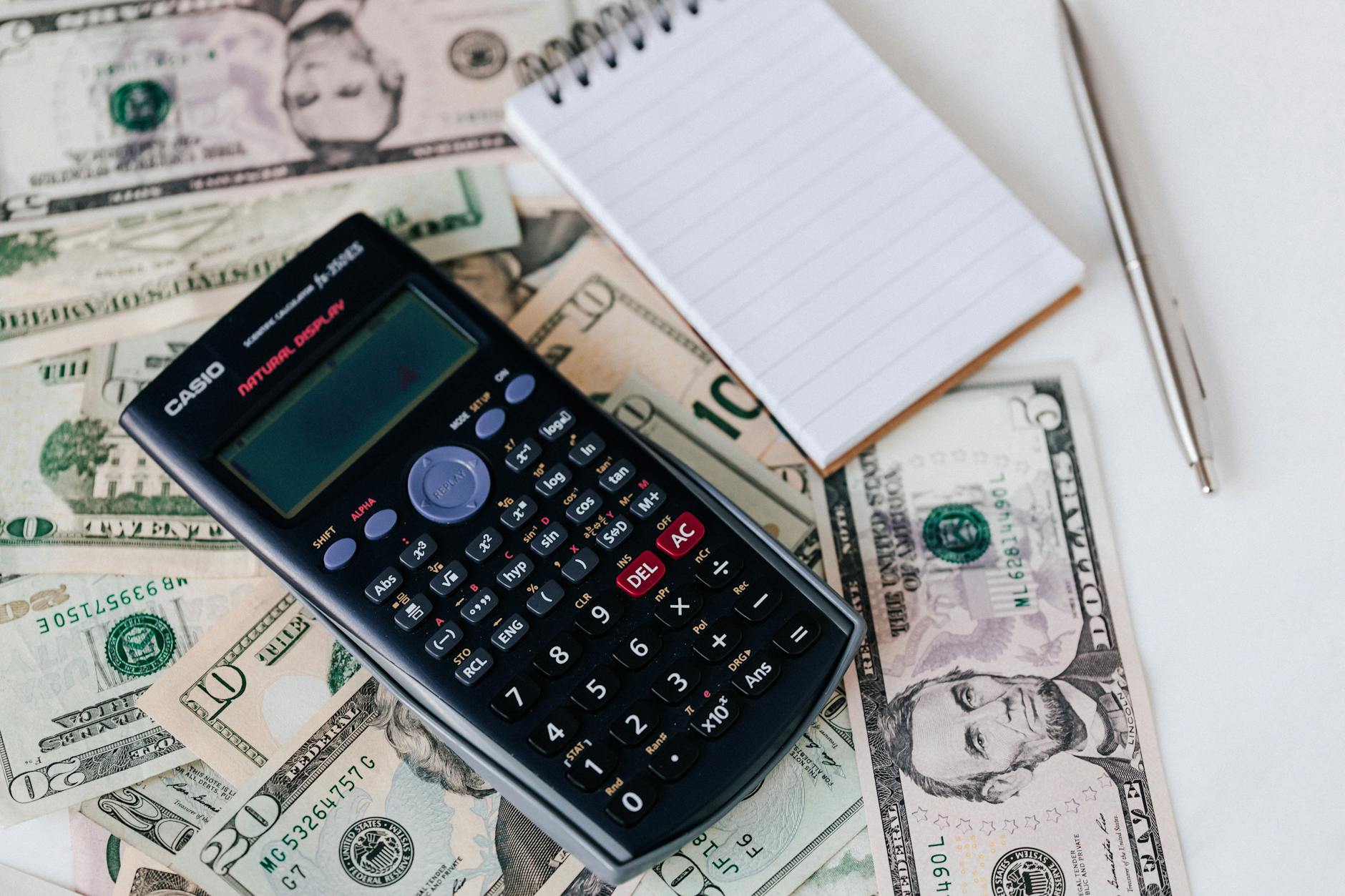Managing your money effectively doesn’t have to be complicated or restrictive. By implementing a few clever budgeting hacks, you can easily save more money each month while maintaining your lifestyle. Whether you’re just starting to budget or looking for ways to optimize your finances, these tips will help you cut costs, save smarter, and reach your financial goals faster.
Here are five essential budgeting hacks that can boost your savings and help you take control of your finances.
1. Use the Envelope System for Discretionary Spending
The envelope system is a simple yet powerful way to control your spending in categories like entertainment, dining out, and shopping. With this system, you allocate a set amount of cash to each discretionary spending category at the beginning of the month and place the money in labeled envelopes. Once the cash in an envelope is gone, you can’t spend any more in that category until the next month.
Pro Tip: If you prefer not to use physical cash, try the digital envelope method with budgeting apps like Goodbudget or EveryDollar. These apps allow you to allocate funds into virtual envelopes, making it easier to stick to your budget.
2. Try a No-Spend Challenge
A no-spend challenge is a short-term commitment to only spend money on essentials for a set period of time, such as a week or a month. During this challenge, you avoid all non-essential spending—no dining out, shopping, or entertainment. The goal is to save as much money as possible and reset your spending habits.
Actionable Idea: Start with a no-spend weekend or week to see how much money you can save. Use the money you would have spent to pay down debt, boost your savings, or invest in your financial future.
3. Round Up Your Purchases for Automatic Savings
Several banking apps and tools allow you to round up your purchases to the nearest dollar and automatically save or invest the difference. For example, if you spend $3.50 on coffee, the app will round up to $4.00 and deposit the extra $0.50 into a savings or investment account. Over time, these small amounts can add up without you even noticing.
Affiliate Tip: Consider using apps like Acorns or Chime, which offer round-up features to help you build your savings or investment portfolio effortlessly.
4. Implement the 24-Hour Rule for Impulse Purchases
Impulse purchases can quickly derail your budget. To prevent overspending, adopt the 24-hour rule: when you feel the urge to make a non-essential purchase, wait 24 hours before buying it. This cooling-off period gives you time to reflect on whether the purchase is truly necessary or just a spur-of-the-moment desire.
Pro Tip: Create a list of items you’re considering buying and revisit the list after 24 hours. More often than not, you’ll find that you no longer feel the need to make the purchase.
5. Save First, Spend Later
A common budgeting mistake is spending first and then saving whatever is left over at the end of the month. Flip the script by paying yourself first—automate a portion of your income to go directly into savings or investments as soon as you receive your paycheck. This ensures that you’re consistently prioritizing savings before discretionary spending.
Actionable Tip: Set up automatic transfers to a high-yield savings account or retirement account on payday. Start with a manageable percentage, such as 10%, and gradually increase it as your financial situation improves.
Conclusion
Saving more money each month doesn’t have to be a struggle. By implementing these budgeting hacks—like using the envelope system, trying a no-spend challenge, and rounding up your purchases—you can make small adjustments that lead to big savings over time. The key is to find simple, sustainable strategies that fit your lifestyle and help you achieve your financial goals.
Start applying these hacks today, and you’ll be well on your way to building a healthier financial future.
